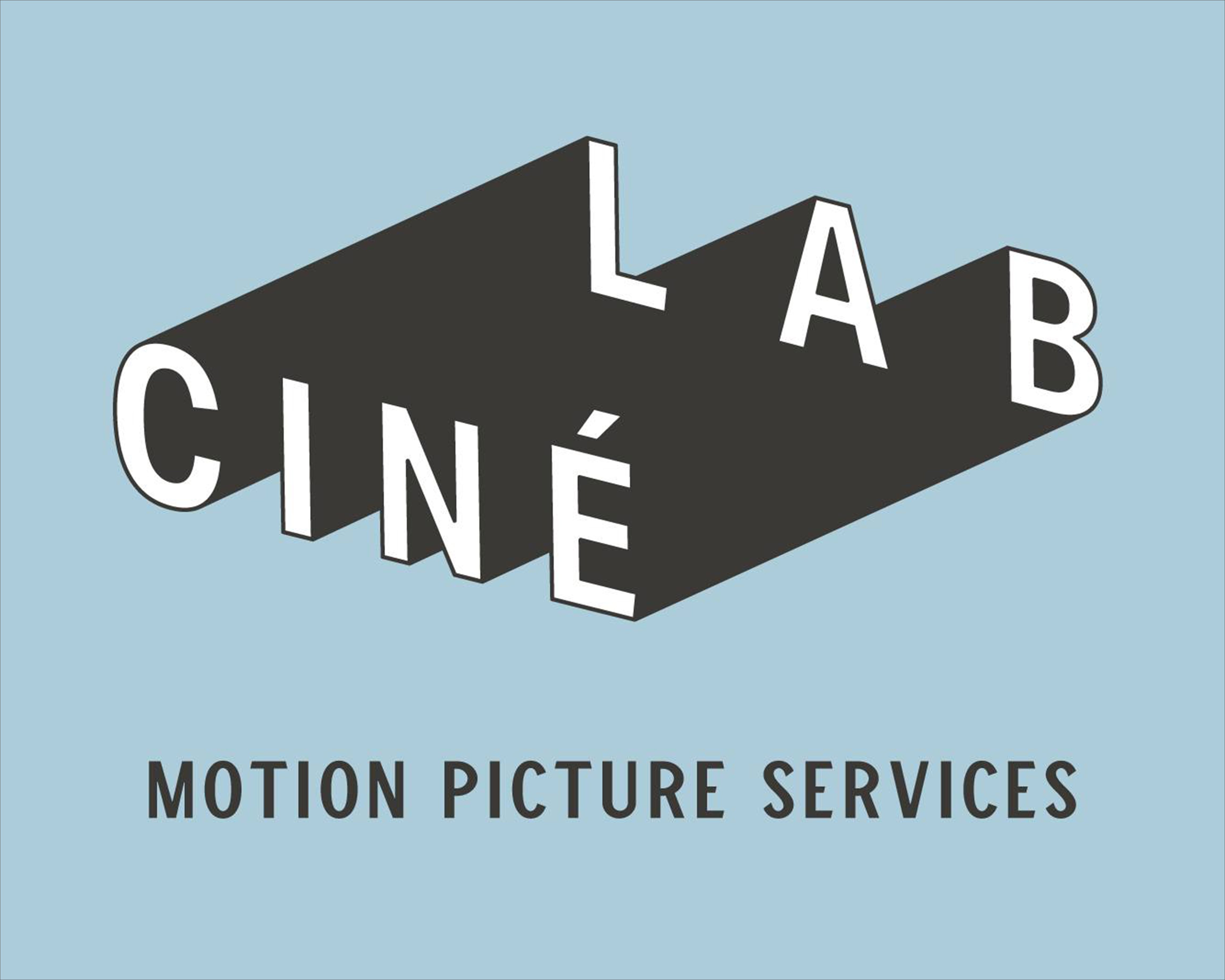Deciding which movies to watch for a new or young film maker is really only half the battle. It is not really which films you watch as much as it is how you watch them.
What I mean is this: watch some really good, low-budget films. Watch them a couple of times just for fun. But after a couple of screenings, go back and really watch how the film is put together. What camera techniques did they use for a particular shot? What does their frame look like? Is it a cluttered back ground, or an empty background? Does that work with the scene? Why does the dialogue work the way it does? How does the sound integrate with the rest of the movie?
The movies you watch are going to look and sound better just because they have perfected the techniques that you see, they have some money, perhaps a name or two, and access to lots of very high-end equipment. But remember, you are watching to dissect techniques, not waste time wishing you had better equipment.
If you are new or low-budget, some good movies to watch that use low-budget techniques in very creative ways are:
Before Sunrise
Before Sunset
Clerks.
Napoleon Dynamite
Slacker
SLC Punk
El Mariachi
sex, lies, and videotape
Dazed and Confused
levelland
Who Is KK Downey?
What you will notice about all of these movies is the following:
1. They generally take place in the same place throughout the movie. In the case of Clerks, there are four locations: Dante's house, the car, the funeral home, Big Lot Video and, of course, the Quickstop/RST Video. If these movies take place in famous cities, they generally do not go out of their way to get into landmarks like the Mormon Temple, the Eiffel Tower, or wherever. These places only serve in background shots, not as locations.
Additionally, there are very few actual locations -- usually only four to six. Too many locations, too much geographic displacement, too much time displacement is a lot to do in a low-budget movie, and it makes a movie feel cluttered.
2. These movies have minimal characters. While there may be anywhere from 7-15 supporting roles, there are usually only two or three main characters. And even with these, they are not always together. Sometimes you are going to have different schedules from your main actors. The more evenly spaced apart they are, the easier it is to work with their schedules.
3. The stories are usually much more character oriented. There is not usually a big exciting moving around a lot type of story, where a bomb is about to go off or there are assassins moving in. Also, there are not a lot of scenes requiring a lot of extras. See above.
4. They usually take place in the same period as the director made the film. And if not, then they are set in an easy-to-replicate era. Like SLC Punk is set in the 1980s. But, aside from the clothes, Salt Lake City has not changed much since the 1980s. Easy to recreate. But you won't see a lot of low-budget period pieces set in the 16th Century.
5. They don't use a lot of fancy techniques.
6. The script is entertaining. If it's not funny, it is at least suspenseful. Story has to compensate for lack of funds in low-budget pictures.





